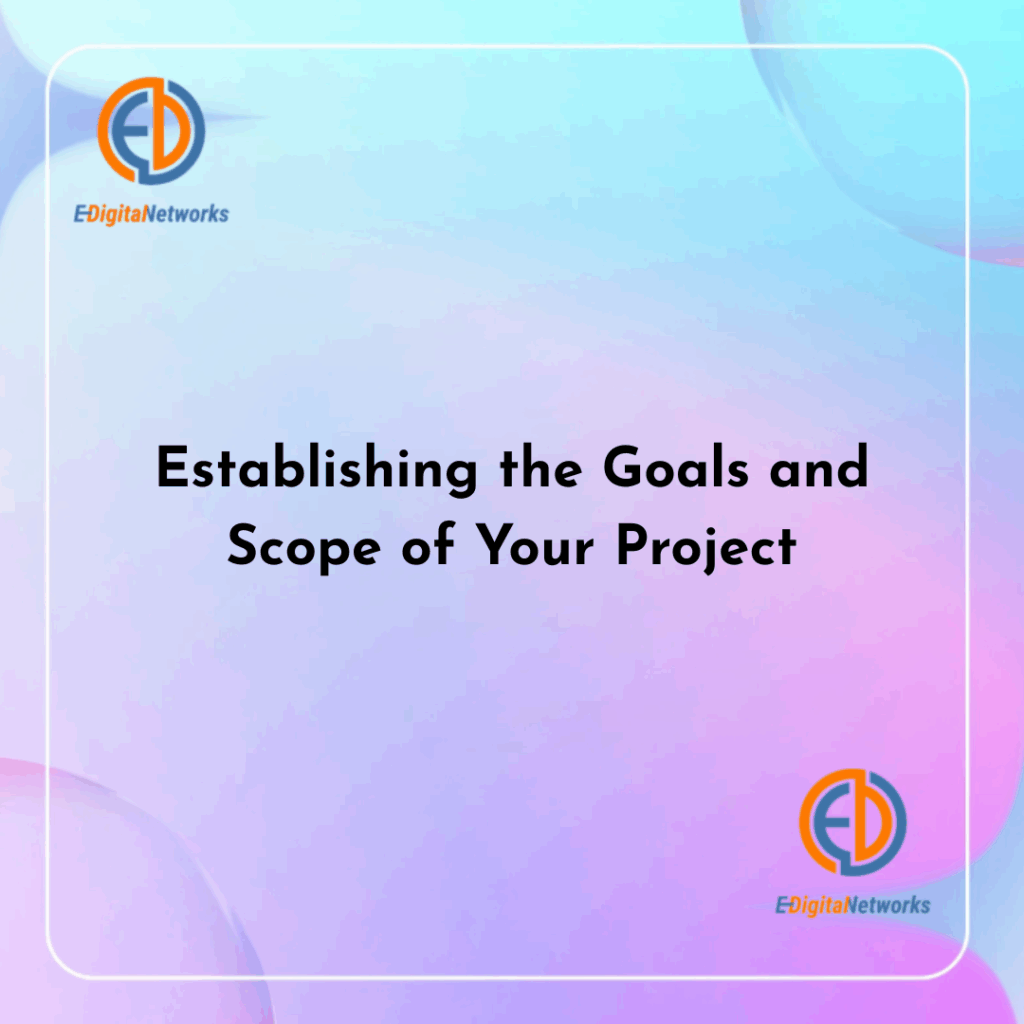Mobile applications are now essential for service delivery, customer engagement, and corporate success in today’s digitally first society. Investing in a top-notch mobile app is now necessary whether you’re starting a new business, improving customer experience, or digitizing processes. The difficulty, however, is in selecting the best developer to make your app concept a scalable, working reality. At that point, the need to hire an app developer turns into a calculated choice.
The industry of developing mobile apps isn’t one-size-fits-all. Developers come in a variety of shapes, each with a focus on a particular platform or technology. Selecting a Flutter developer might be the best course of action for companies that want to serve both iOS and Android consumers at the same time. An Android developer is your go-to specialist if you’re only interested in Android consumers. On the other hand, employing an iOS app developer guarantees a flawless user experience on Apple devices if your audience is more knowledgeable about iOS. Working with a Hybrid app developer is an additional choice for companies seeking quick, cross-platform deployment without the hassle of maintaining several codebases.
Your mobile app’s success or failure depends on your choice of professional. Design, user experience, performance optimization, backend integration, and post-launch maintenance are all important aspects of it in addition to coding. As a result, long-term scalability, technical fit, and strategic clarity must all influence your choice.
In this comprehensive guide, we’ll go over how to effectively handle the recruiting process, comprehend the distinct responsibilities of various app developers kinds, where to locate them, what qualities to seek in a top applicant, and how to make sure you establish a fruitful, long-lasting working connection with your selected specialist. You will be prepared to confidently employ a mobile app developer who shares your vision and business requirements at the conclusion of this article.
Comprehending 2025 Mobile App Development
Today, developing apps involves more than simply generating software; it also involves designing experiences. User expectations have skyrocketed in 2025. Your software has to be quick, easy to use, and cross-device compatible. Since a customer’s first encounter with your brand is frequently through a mobile app, it must be valuable and represent your values.
These days, developers have to keep up with the newest developments, such as edge computing, real-time data synchronization, AR/VR components, and AI integration. Employing someone who is knowledgeable with these contemporary tools guarantees that your software won’t be out of date when it is released.
The Reasons Behind the Growing Popularity of Flutter Development
One of the most popular frameworks for cross-platform development is Flutter. Flutter allows developers to create apps for both iOS and Android using a single codebase. This significantly reduces the time and expense of development. Additionally, apps made with Flutter have stunning user interfaces and native-level performance.
Selecting a Flutter developer entails less maintenance, a quicker time to market, and consistent user experiences across platforms. Flutter is an affordable option that doesn’t sacrifice quality for entrepreneurs with tight funds.
When to Employ an Android Programmer
Android still has a monopoly on the worldwide smartphone market. Hiring an expert is essential if your target audience is mostly Android-focused. Android developers are familiar with Google’s SDKs and Android Studio and usually work using Kotlin or Java.
A skilled Android developer will make sure your app is optimized for a variety of devices and OS versions, follows Android’s design guidelines, and makes use of platform-specific capabilities like location APIs or Google Pay.

The Influence of an Expert iOS App Developer
Apple’s ecosystem is renowned for its safe environment and well-paid consumers. An iOS app is essential if you want to reach premium users. iOS app developers are familiar with Apple’s stringent UX/UI guidelines and utilize Swift or Objective-C.
High-end design, easy App Store approvals, and flawless performance are all guaranteed when you work with an experienced iOS app developer. They will integrate native features like Face ID, iCloud, and SiriKit into your program and help it feel at home in the Apple environment.
Developing Hybrid Apps for Quick Deployment
When you need to quickly get your software on both platforms without having to start from scratch twice, hybrid app development is perfect. Developers of hybrid apps may reuse code while maintaining native-like experiences thanks to technologies like Ionic, React Native, and Xamarin.
For internal business tools, MVPs, or apps where functionality and speed are more important than native performance, this solution is ideal. You may rapidly and affordably test concepts with hybrid developers before investing in full-scale native development.
Where to Look Right Now for Skilled Developers
Depending on your requirements and financial constraints, there are several locations where you can locate competent app developers. For minor jobs, freelance platforms provide a rapid and flexible answer. Verified developers with a range of skill sets are hosted on platforms such as Toptal and Upwork. Staffing firms and specialized employment platforms could offer long-term experts if you’re developing a big app.
LinkedIn is still a useful resource for finding developers and assessing their work. Based on their reputation and contributions, developer communities like Stack Overflow and GitHub can also identify promising prospects.
How to Assess the App Skills of the Developer
Both technical proficiency and subject knowledge are important. Inquire about the developer’s familiarity with tech stacks, testing, version control, and debugging procedures, as well as their experience with comparable apps. Examining their prior apps may assist you in evaluating the user experience, performance, and design quality.
You should also find out how they manage app updates and post-launch problems. A competent developer solves problems and can predict customer demands in addition to being a skilled coder.
Testing and Interviewing Potential Developers
Both hard and soft talents should be covered in the interview process. Problem-solving skills can be demonstrated through technical evaluations such as timed coding tasks or the creation of miniature prototypes. Inquire about their approach to problem fixes, timeline management, and previous difficulties.
Soft skills like teamwork, communication, and receptivity to criticism are crucial, particularly if the developer will be collaborating with a remote team. Look for answers that are clear, a methodical approach to thinking, and an eagerness to learn.

Establishing the Goals and Scope of Your Project
Determine what you need from your app before recruiting. Are you developing a booking system, an e-commerce site, or a social networking app? Different technological strategies are needed for different applications. Briefly outline the main features of the app, its budget, chosen platforms, schedule, and expectations for after launch.
A clear project scope minimizes misconceptions and promotes more seamless collaboration throughout the development cycle by assisting the developer in understanding your vision.
How to Collaborate Effectively with Your Developer After Hiring
After hiring your app developer, use collaboration platforms like GitHub, Slack, and Trello to make sure everything runs well. To monitor progress, establish benchmarks, and carry out frequent check-ins. Clearly and constructively provide updates, modifications, and criticism.
Stay involved, but avoid micromanaging. Early on, provide resources like wireframes, user stories, and branding standards. Make sure that a support agreement is in place for upgrades and bug patches when the app is released, particularly if you’re aiming for app store rankings.
Final Thoughts
Selecting the best app developer is a long-term investment in the digital identity of your company, not just a technical choice. Success depends on having clear goals and a collaborative manner, regardless of whether you choose to work with a Flutter, Android, iOS, or hybrid app developer. Now that you have this guidance, you can make well-informed selections, assess applicants efficiently, and create an app that not only satisfies your needs but also surpasses user expectations. You now know where to look for the perfect developer.

